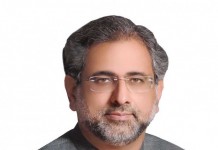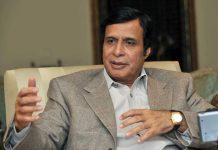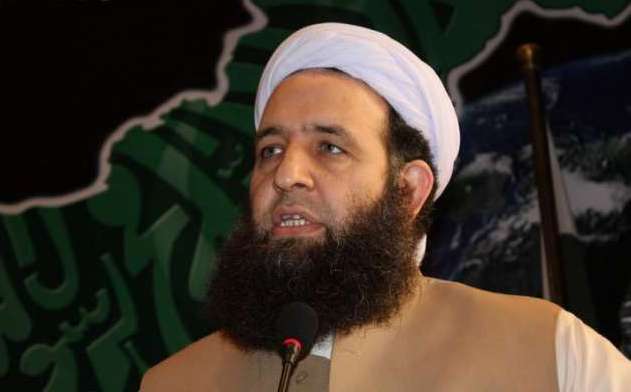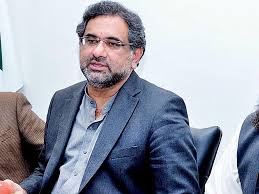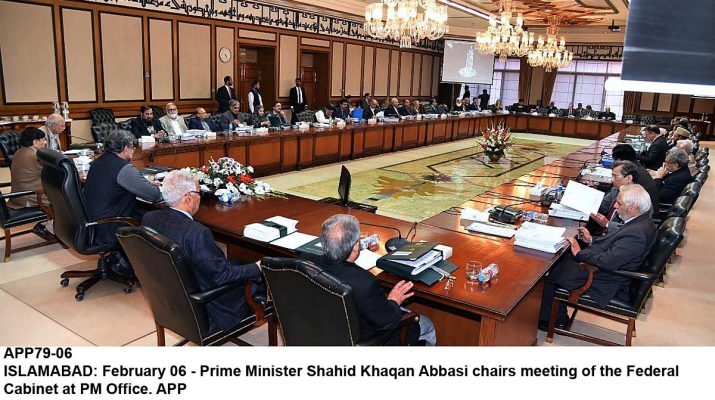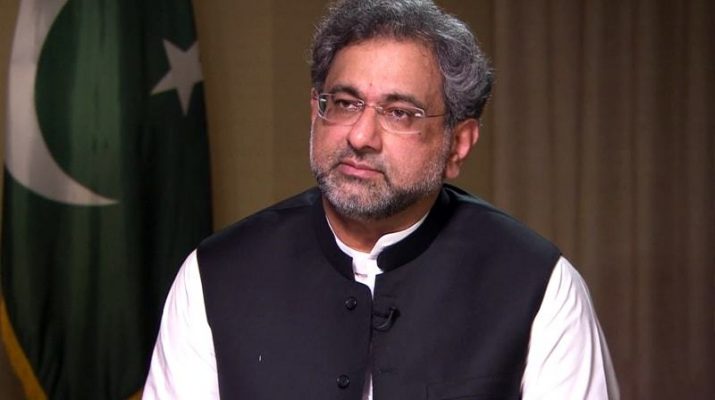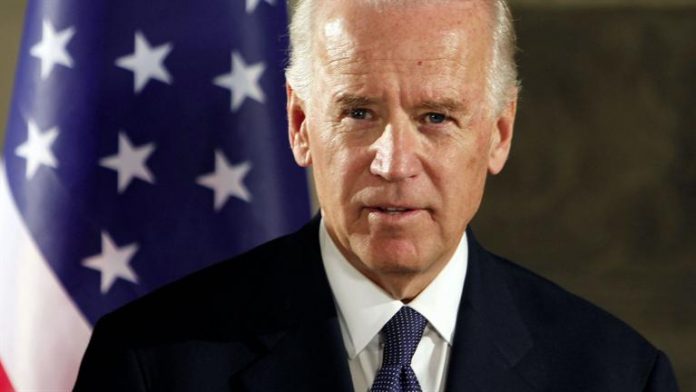
President Biden is hosting the summit on December 9 and 10 and has invited leaders from over 100 countries. Pakistan was amongst the only four countries which were invited to the summit. India, Maldives and Nepal were the other countries invited to the summit. According to a statement issued by the Foreign Office, Pakistan thanked the US for the invitation but said it would engage with the country on a wide range of issues “at an opportune time in future.” “Pakistan is a large functional democracy with an independent judiciary, vibrant civil society, and a free media,” the statement said.
“We remain deeply committed to further deepening democracy, fighting corruption, and protecting, and promoting the human rights of all citizens. In recent years, Pakistan has instituted wide-ranging reforms aimed at advancing these goals. These reforms have yielded positive results.”
The statement further said Pakistan valued its partnership with the US and wished to expand it both bilaterally as well as in terms of regional and international cooperation. “Pakistan will, meanwhile, continue to support all efforts aimed towards strengthening dialogue, constructive engagement, and international cooperation for the advancement of our shared goals,” it concluded. Multiple factors seem to have played their part in Pakistan’s refusal to attend the summit. One of the reasons is China’s exclusion from the summit and the other is President Biden’s move to continue to ignore Prime Minister Imran Khan.
The “Summit for Democracy” is scheduled to take place online on December 9 and 10 ahead of an in-person meeting at its second edition next year. The conference was a campaign pledge by the US president, who has placed the struggle between democracies and “autocratic governments” at the heart of his foreign policy. China, the United States’ principal rival, is not invited, while Taiwan is – a move that risks angering Beijing. Turkey, which like America is a member of Nato, is also missing from the list of participants.
Among the countries of the Middle East, only Israel and Iraq will take part in the online conference. Traditional Arab allies of the US – Egypt, Saudi Arabia, Jordan, Qatar and the United Arab Emirates – are not invited.
Biden invited Brazil even though its far-right president Jair Bolsonaro has been criticised as having an authoritarian bent and was a firm supporter of former US president Donald Trump. In Europe, Poland was invited to the summit despite persistent tension with the European Union over its human rights record. Hungary, led by hardline nationalist Prime Minister Viktor Orban, was not invited. In Africa, the Democratic Republic of Congo, South Africa, Nigeria and Niger are among the countries on the list.




